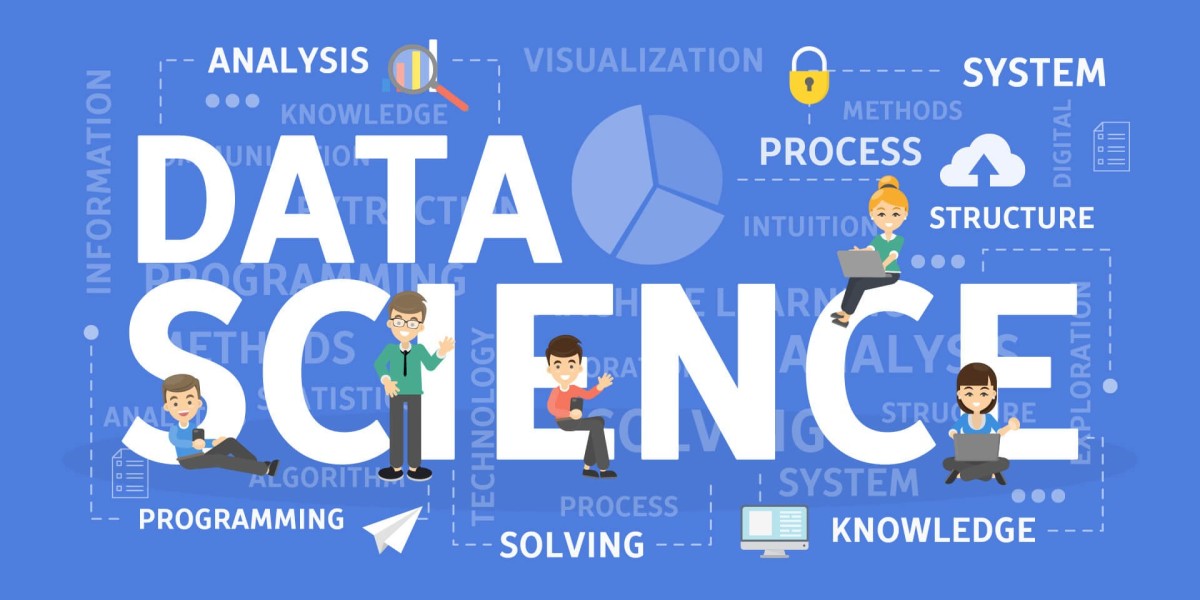A comprehensive data science course should teach a range of essential skills that span technical, analytical, and soft skills. Data science is used in various industries, including healthcare, finance, marketing, and technology. Get a Data science course in Pune from SevenMentor.
Here’s a breakdown of the key areas:
1. Programming
- Python or R: Proficiency in programming languages commonly used in data science.
- Data manipulation: Using libraries like Pandas (Python) or dplyr (R) for data wrangling.
- SQL: Querying databases to extract and manipulate large datasets.
2. Mathematics Statistics
- Linear Algebra: Understanding matrices and vectors, essential for machine learning algorithms.
- Calculus: Concepts like gradients and optimization techniques are critical for model tuning.
- Probability and Statistics: Hypothesis testing, distributions, and statistical inference are core to data analysis.
3. Data Wrangling and Exploration
- Data cleaning: Techniques for handling missing, incorrect, or inconsistent data.
- Exploratory Data Analysis (EDA): Identifying patterns, trends, and relationships in the data using visualization tools like Matplotlib or Seaborn.
4. Machine Learning
- Supervised and unsupervised learning: Covering algorithms like regression, decision trees, clustering, etc.
- Model evaluation and validation: Techniques like cross-validation, ROC curves, precision/recall, and confusion matrix.
- Deep learning basics: Neural networks and frameworks like TensorFlow or PyTorch.
5. Data Visualization
- Data storytelling: Conveying insights effectively using visual tools.
- Visualization libraries: Tools like Matplotlib, Seaborn, Plotly, or ggplot2 for building clear, informative plots and dashboards.
6. Big Data Cloud Computing
- Big Data tools: Familiarity with tools like Hadoop, Spark, or Dask to handle large datasets.
- Cloud platforms: Experience with AWS, Google Cloud, or Azure for managing data pipelines and machine learning models.
7. Data Ethics Governance
- Ethics: Understanding privacy issues, data misuse, and responsible AI.
- Data governance: Knowledge of data security, compliance, and best practices for handling sensitive information.
8. Communication Business Acumen
- Presentation skills: Communicating findings to both technical and non-technical stakeholders.
- Domain knowledge: Understanding the industry-specific context of the data being analyzed.
- Problem-solving: Defining business problems and framing them as data science challenges.
Visit more- Data Science Classes in Pune



